Cosmetics giants cancel in-store makeovers in ‘precautionary’ measure to tackle coronavirus spread
Sephora and MAC Cosmetics are among the makeup giants that are taking tough new measures to protect shoppers against coronavirus.
Illness
Don't miss out on the headlines from Illness. Followed categories will be added to My News.
Makeup giants are taking drastic measures to stop the spread of coronavirus, banning in-store makeovers and enforcing strict new cleaning standards.
MAC Cosmetics has cancelled all client makeovers across Australia as it enforces a strict “no-touch” policy amid virus fears.
A source told News Corp Australia that MAC would not hold any makeup applications with its stores this weekend, after an email from the company’s owner – Estée Lauder Group – instructed stores to canell all bookings.
Customers who were booked in for makeup applications tomorrow were given less than 24 hours notice of the ban.
MAC Cosmetics has also suspended future bookings “until further notice”, following similar moves in the UK, as well as for its sister companies Tom Ford, Clinique and Bobbi Brown.
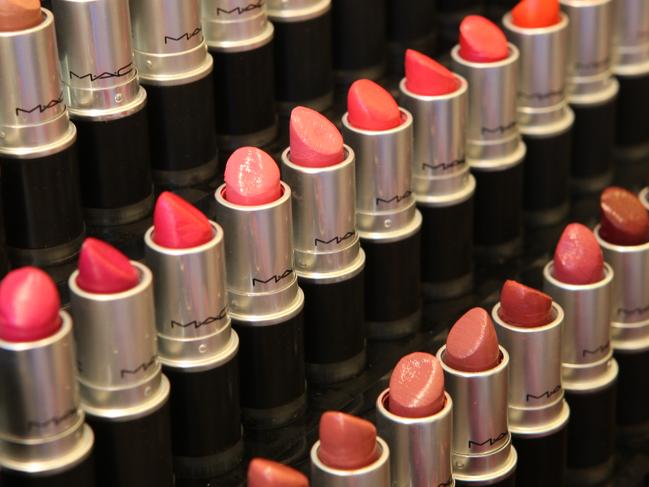
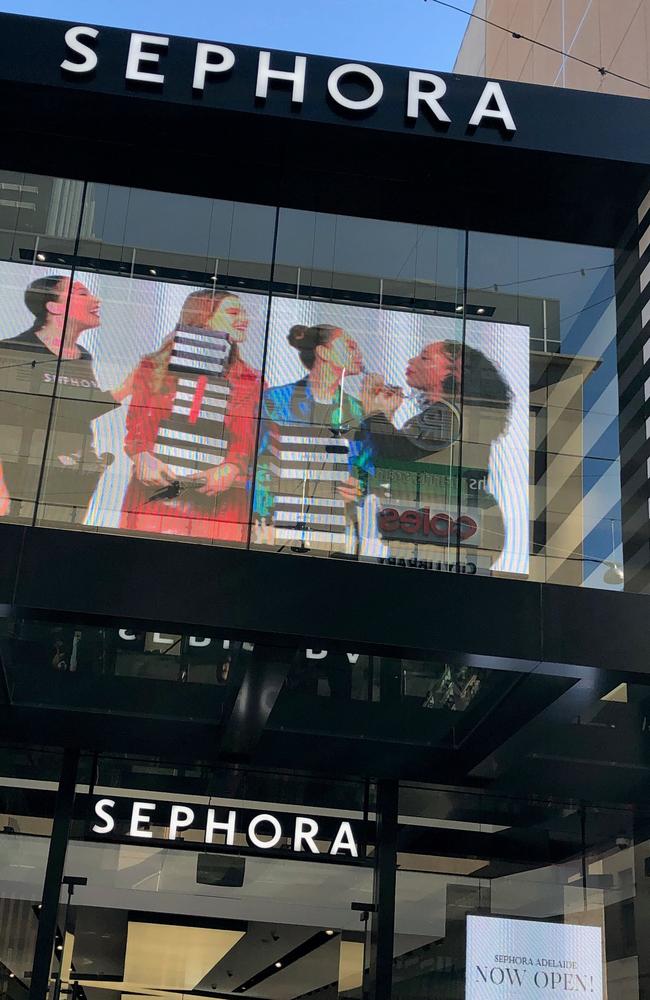
MORE NEWS
Wall St’s horror day amid virus downturn
Tom Hanks tested positive for coroanvirus
Lewis Hamilton reveals Aussie heartbreak
Style shocks at London Fashion Week
MAC’s new “no-touch” service model promotes hygienic self-application with disposable applicators and instructs makeup artists not to use brushes. News Corp Australia understands customers will be offered with a refund or product redemption.
Sephora’s Australian and US operations have halted in-store makeovers amid the pandemic.
“The recent suspension of custom makeovers and makeup lessons in all stores is purely a precautionary measure as these services require the use of makeup brushes, which are not meant for single-use,” Sephora Australia said in a statement to News Corp.
“Our mini makeovers will continue as we only use single-use applicators (spatula, foundation sponge, mascara applicators etc) and have provided alcohol disinfectants, antibacterial wipes and sprays that will be available to customers before they try products in our stores.
“We have also imposed additional sanitisation protocols to ensure the utmost hygiene during the services to safeguard the health and wellbeing of our customers and our cast.”
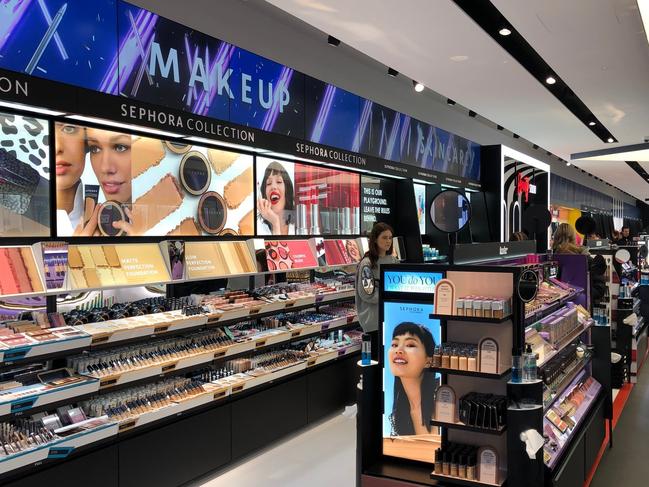
In an email to customers titled “Steps we’re taking to address COVID-19”, Sephora’s US-based operation said: “As a precautionary measure, and for the welfare and safety of our clients and employees, we are suspending all paid in-store services, makeup, and skincare applications, and classes until further notice”.
Sephora announced enhanced safety measures including disinfecting “high-touch” areas in stores, adding hand sanitiser stations, and cleaning display testers “multiple times a day”.
“It is, however, advised not to directly apply makeup that may have been used by others,” a Sephora statement said.
DESIGNERS BRACE FOR DOWNTURN
Luxury brands that are made in Italy “could be impacted” by the deadly coronavirus, which has left the country in lockdown, with an overall downturn in designer retail expected as a result.
Gucci, Bottega Veneta, Prada and Fendi are among the world’s most sought-after fashion brands, whose supply chains are based in Italy.
A Wall Street Journal report indicated that Italian luxury brands would feel the impact of the virus on sales, after it started in China and has put Italy – and most of the world – in a state of emergency.
Retail analysis are also tipping Chinese shoppers – a key demographic for luxury fashion – will spend less, in the wake of coronavirus.
“All designer brands will see very weak demand for their goods in the first quarter of 2020 at least,” the WSJ stated, in an analysis of coronavirus’ effects on the luxury goods market.
The multi-billion dollar industry is driven, in part, by cashed-up Chinese buyers who spend big bucks on luxury brands.
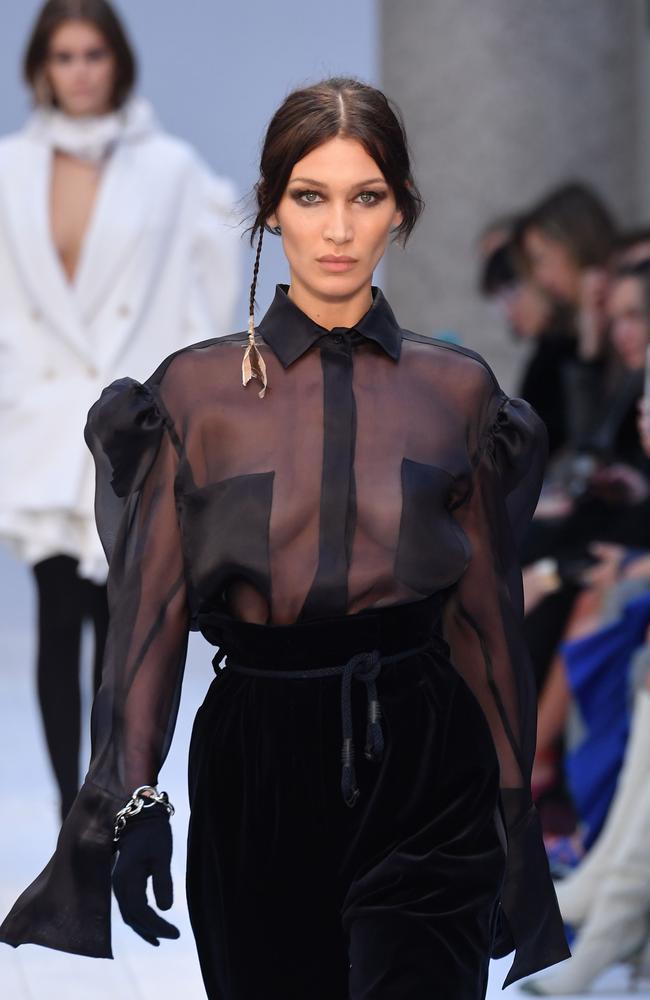
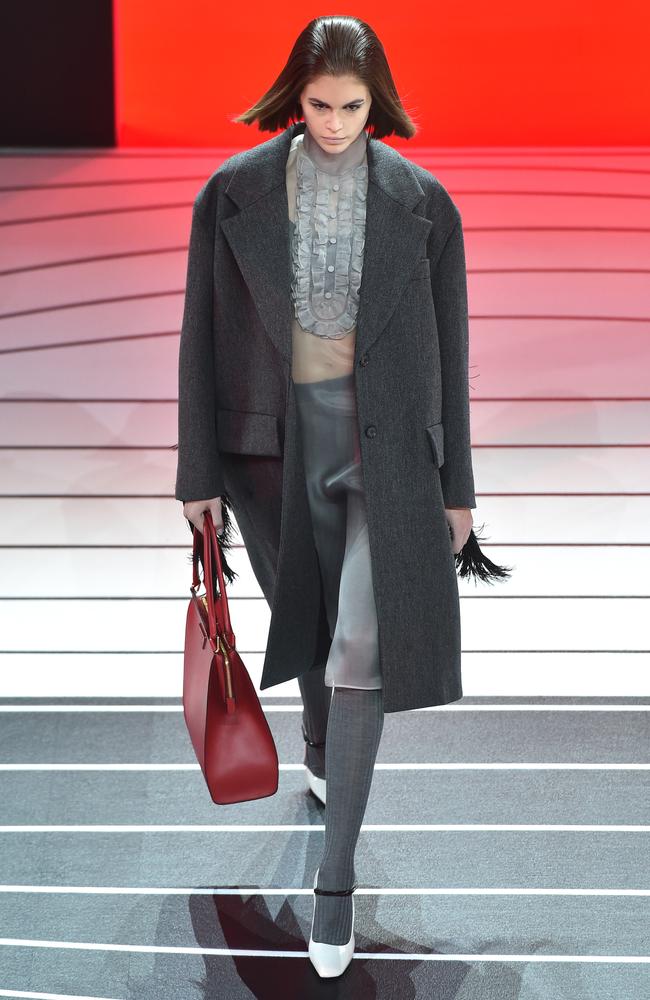
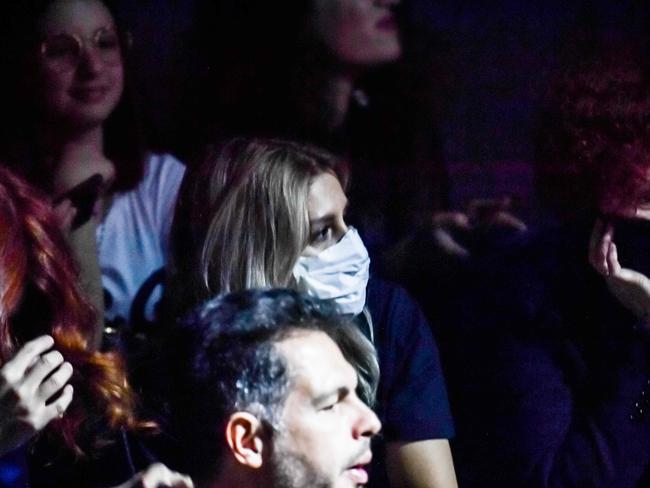
“Chinese shoppers buy one-third of luxury products globally and traffic at stores in mainland China is down by between 80 and 90% in some virus-hit locations,” the Wall Street Journal’s report stated.
Coronavirus wreaked havoc on Milan Fashion Week, with shows cancelled and fashion industry attendees self-quarantined amid the outbreak in Italy’s fashion and financial epicentre.
The number of cases in Marche and Tuscany – hubs for footwear and leather manufacturing – are said to be increasing, the WSJ reported.
Nearly 90 per cent of suppliers for Kering, which owns Gucci and Bottega Veneta, are based in Italy.
And 83 per cent of Ferragamo’s handbag and suitcase suppliers are in Tuscany, the Wall Street Journal noted.
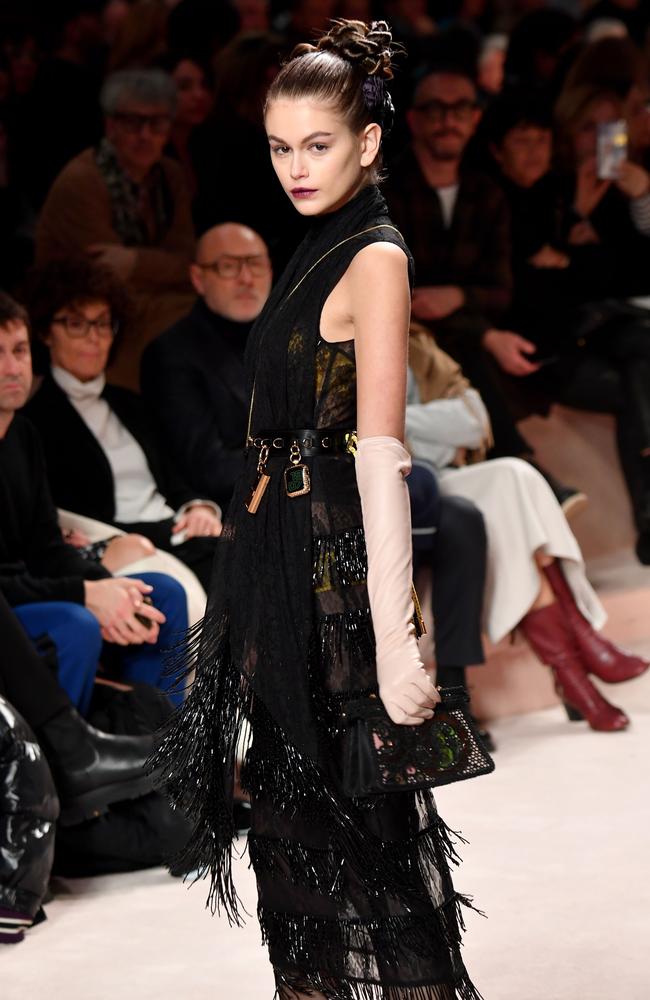
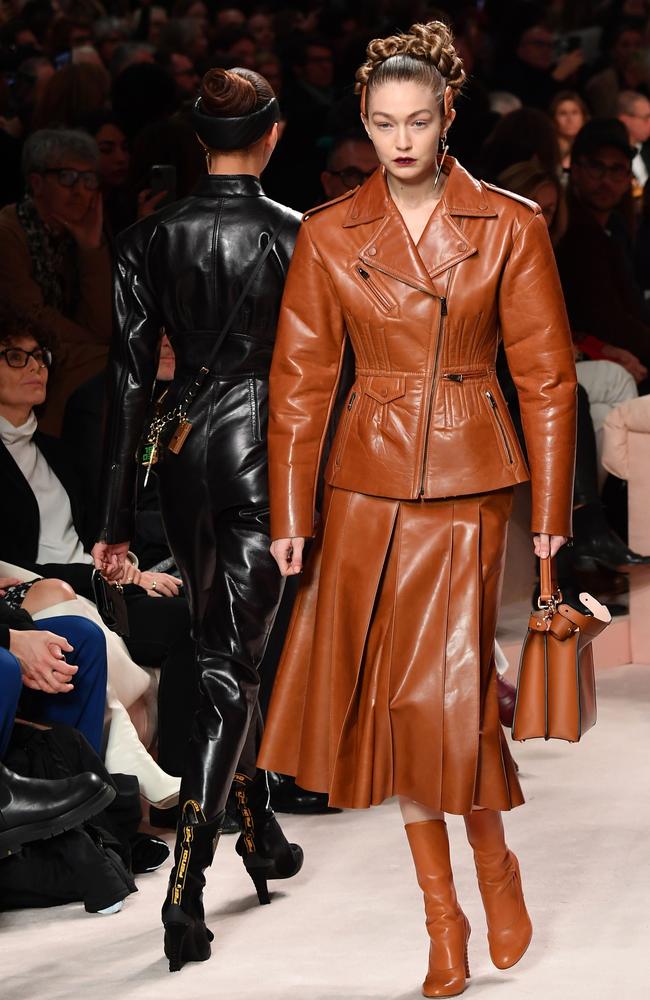
ITALIAN IMPORTS
Questions have also been raised over what impact, if any, Italy’s lockdown will have on food imported to Australia from Italy.
Melbourne-based Leo’s Imports – which counts Mazzetti vinegar, Annalisa (canned beans and tomatoes), and Carmelina eggplant – revealed there had so far been no impact on product delivery from Italy.
“We have been notified … by the local providers of logistics services that all operations will continue as normal without any impact on loadings, customs, warehousing and intermodal and truck transport services,” a Leo’s spokeswoman said in a statement to News Corp.
“As of today, our suppliers have not reported the COVID-19 as a cause of possible delays in the execution and delivery of our current purchase orders.
“On the contrary, our main suppliers confirmed that goods can freely flow in Italy and there are no restrictions for truck circulation in the territory.”
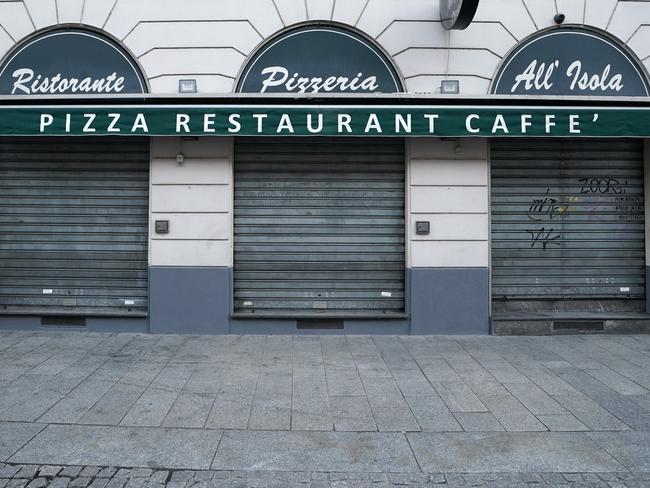
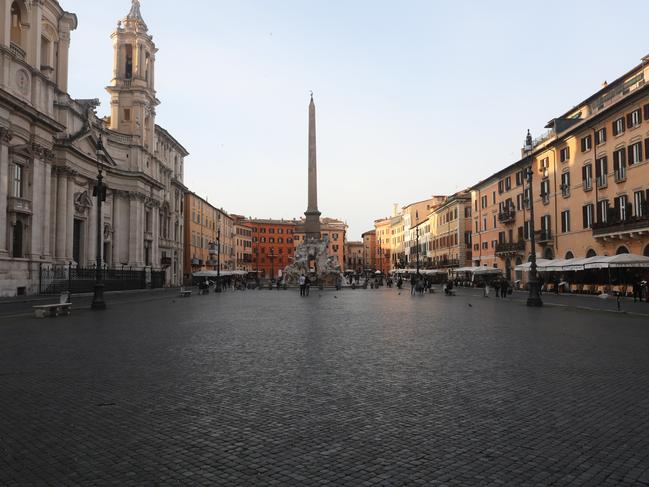
A Melbourne-based Italian deli said it had noticed “no effect” on imports from Italy, while Australian supermarkets said they were “monitoring the situation”.
“Like all responsible retailers, ALDI is monitoring the situation,” a rep for Aldi Australia said in a statement.
A rep for Woolworths said: “At this stage we haven’t seen any impact on the supply of these products. We will continue to monitor the situation closely with our supplier partners.”
While Coles added: “While the vast majority of products are sourced from Australia, the products we source from Italy are on shelves and there is no impact to supply at this stage”.
“However, we are working closely with our suppliers overseas and locally to maintain availability for customers.”
AUSTRALIA AND ITALY
Italy is Australia’s 16th largest import-export destination, worth a total of A$6.6 billion as of 2016.
Merchandise exports to Italy are worth $A883 million according to Austrade, while service exports accounts for $A653 million.
Italy is the world’s 8th largest manufacturer, the 2nd largest manufacturer in Europe and the 3rd largest economy in the eurozone, according to Invest in Italy.
Austrade is in “regular contact with key Italian companies” including Leonardo, Fincantieri, CNH, Enel, Eni, Barilla, Ferrero, and IntesaSanPaolo.
An Australian Trade and Investment Commission report states: “Italy’s economy is predominantly driven by the northern regions of the country: 62.8 per cent of added-value is generated by companies located in Northern Italy; 20.6 per cent in Central Italy and 16.6 per cent in Southern Italy”.
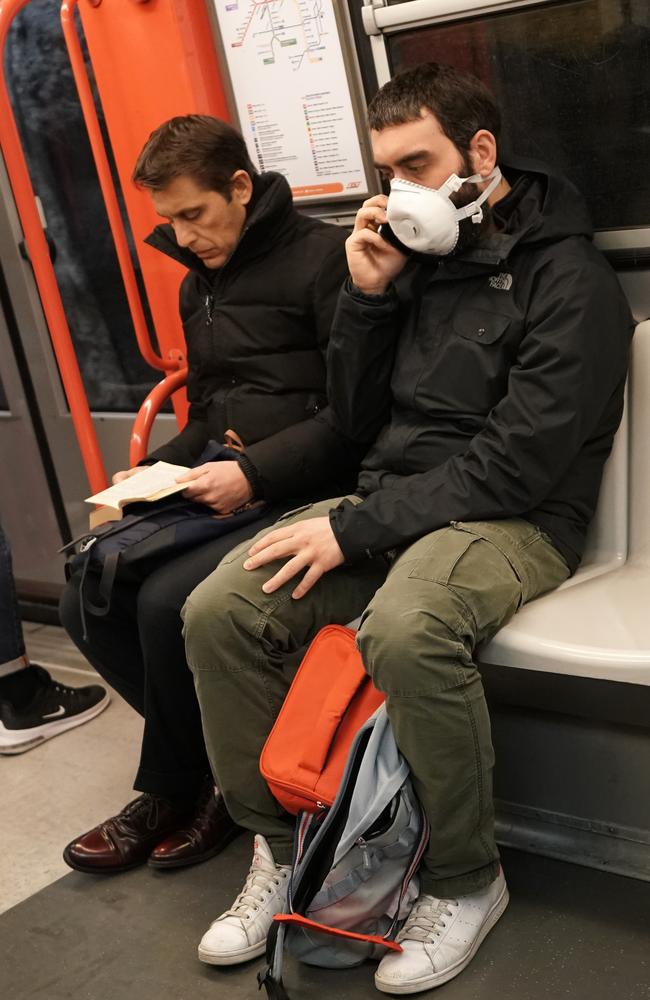
“The bulk of Italy’s economic activity is found in the northern regions of Lombardia, Piedmont, Liguria and Veneto. Milan is the financial heart of the country while Rome, Florence and Naples are all important industrial clusters. Italy has the second-largest manufacturing economy in Europe, after Germany.
“The services sector make up over 75 per cent of the economy, and the manufacturing industry accounts for over 23 per cent of Italy’s GDP. Overall 10 per cent of Italian companies are manufacturers, employing 25.5 per cent of total workers.
“Italy has global expertise across all five of the Australian Government’s investment priorities (infrastructure, resources and energy, tourism infrastructure, agribusiness and food, and advanced manufacturing, technology and services).
“Consequently, Italy holds potential as a key investment partner and is regarded as an important market for investment into Australia.”
Originally published as Cosmetics giants cancel in-store makeovers in ‘precautionary’ measure to tackle coronavirus spread
